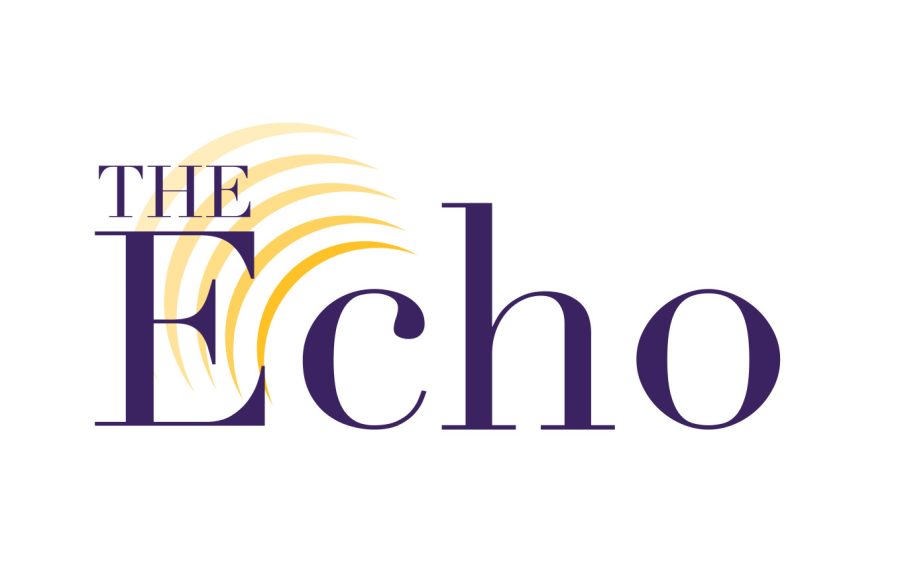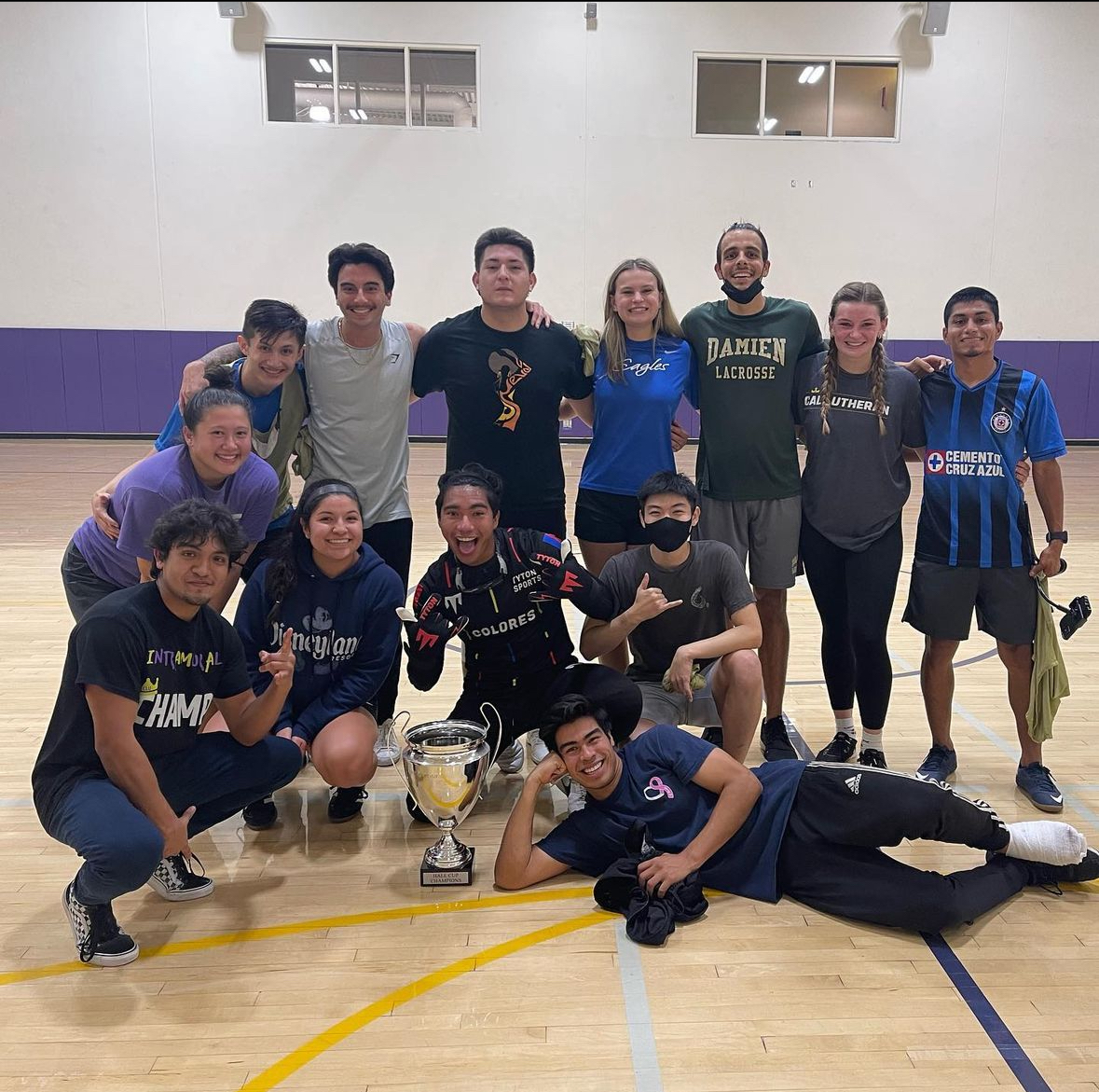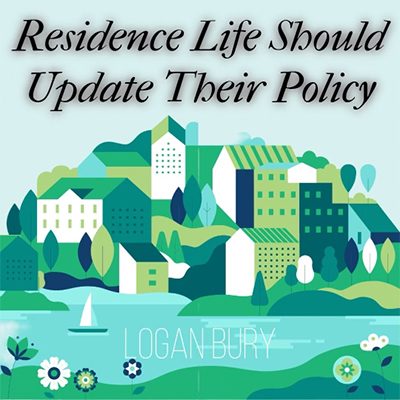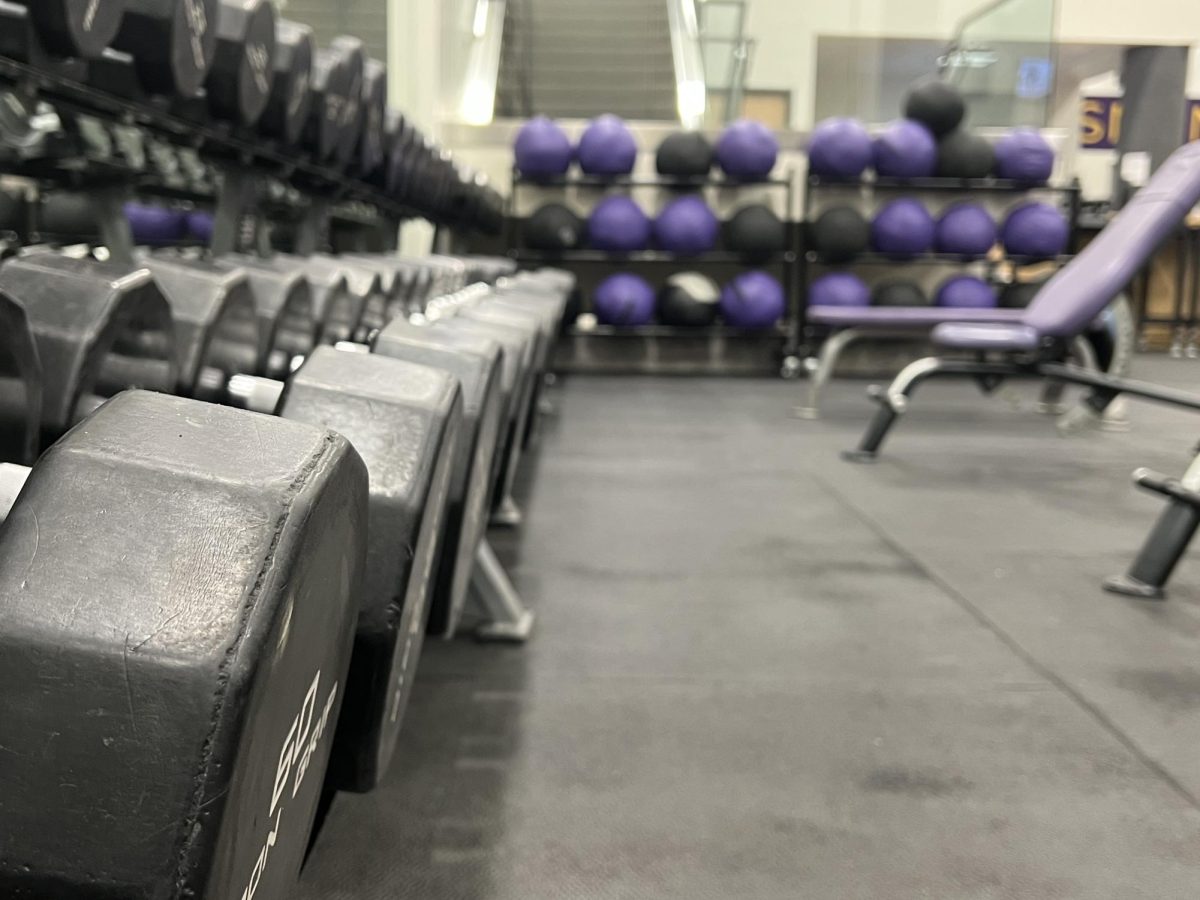Composting organic trash is a simple and easy concept that we do not do often enough as a society. Putting organic trash in landfills produces methane, which contributes to global warming. So why do we continue this cycle when we could compost it at college and at home?
When I moved to the U.S. I was shocked to discover there was no system implemented by waste management to have food scraps properly separated and composted. Instead they go into trash cans headed straight to the landfill site.
“I don’t like throwing away my apple core because I feel like it could go to much better use,” said environmental science sophomore Leah Marty.
Kimberly Lee, junior senator for Associated Students of California Lutheran University Government, has a project to put compost bins in residence halls to make it easy and available to students. A pilot run will be starting soon, where a bin will be placed on campus for faculty and students to use.
“I just hope that it goes well because maybe that will show facilities and the community that people are interested in it,” Lee said.
At the moment, some of the logistics are still being organized for how it would work in the dorms with the goal of making it easy for students and non-attractive to rodents and ants.
“We want to make it easy and safe,” said Lisa Dahill, faculty co-chair on the university sustainability committee.
One logistic that has been organized is how the compost would be collected, “this semester we got a grant from the SEEd Garden from the new director … for a bike and a trailer to pick up compost from around school,” said Lee.
Another problem to tackle is how the information about composting will be given to students in a useful and effective way to educate why and what to compost said Lee.
Dahill shared a similar viewpoint to Lee, “Motivation is really important. It is a little more work, you’ve got to think where you’re going to put stuff. It’s not really any harder to put your banana peel in that bin than this bin. So it’s just a matter of knowing and not being lazy… it will require a certain amount of education.”
In 2014, California Governor Jerry Brown signed Assembly Bill 1826. With this bill, the state of California will have compost curbside pickup like trash or recycling said Dahill, businesses and intuitions like Cal Lutheran are required to go into effect first. Eventually curbside pickup will be available to homeowners in Thousand Oaks and other neighborhoods.
“Composting is a way to take food scraps and put it back into the soil, it’s really important for areas like this because the soil doesn’t have a lot of natural nutrients already so if we can compost soil it’s a lot better than the actual soil,” said Marty.
With our generation seemingly being more aware of the environment and the effects we have on it, now is a great time to make changes and to start habits that can last a lifetime. The use of social media has helped people understand the effects that trash has on the environment and how it impacts it for a long time.
“I feel like a lot of people are into it from the videos that you see of the turtle with the straw and the waste in the ocean — it’s probably on people’s minds,” Lee said. “I think the students are the right people to bring this to.”
Cal Lutheran already has a worm compost in the SEEd Garden that Sodexo Ullman Commons sends peelings and leftover food to everyday. Jamba Juice and Starbucks will also be starting to send scraps and coffee grounds.
“I think students will gain a mindfulness of where food goes. We kind of have this idea of, ‘oh, I’ve finished my dinner let’s toss it in the trash.’ We don’t really have any idea of where that ends up,” said environmental science major senior Hannah Travers.
Other universities such as UC Davis already have environmental programs such as successful composting and bins throughout campus. According to the university website, they have a goal to be zero-waste by 2020.
“Ohio State University is a huge university, it’s one of the biggest in the country and they have a zero-waste goal… So if they can do that at OSU, we should be able to do it here,” Dahill said.
I hope that students will understand the importance of composting and help make steps toward a eco-friendlier future by being aware of their actions and how that affects the greater picture.
Rosie Baker
Reporter







